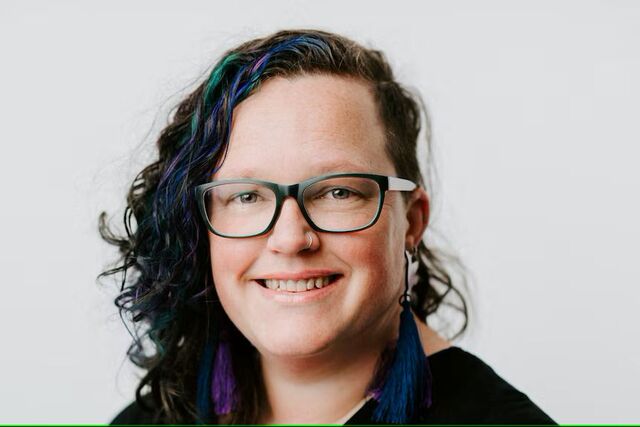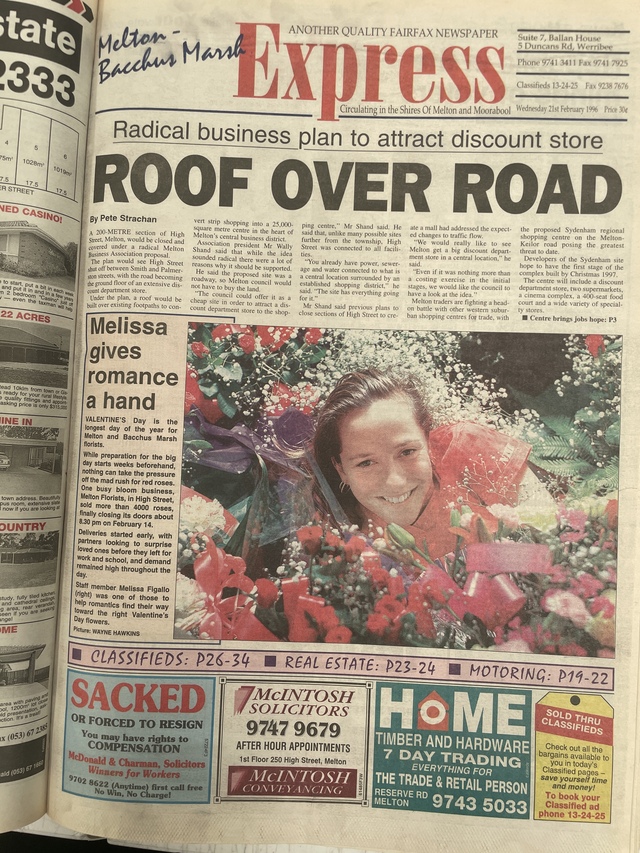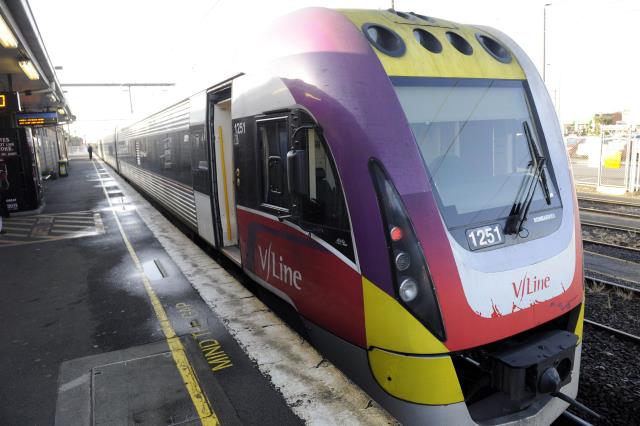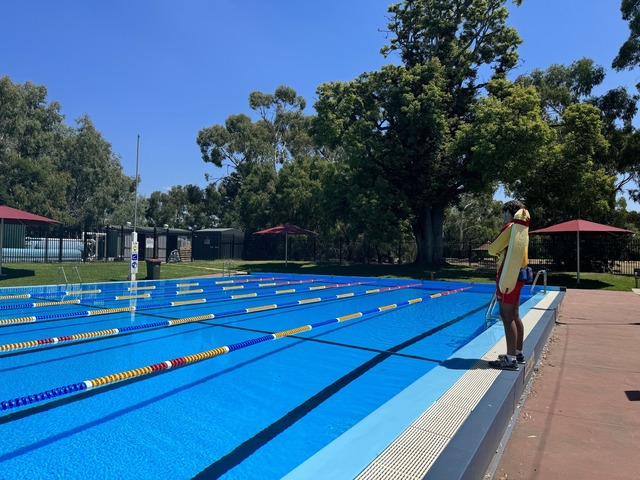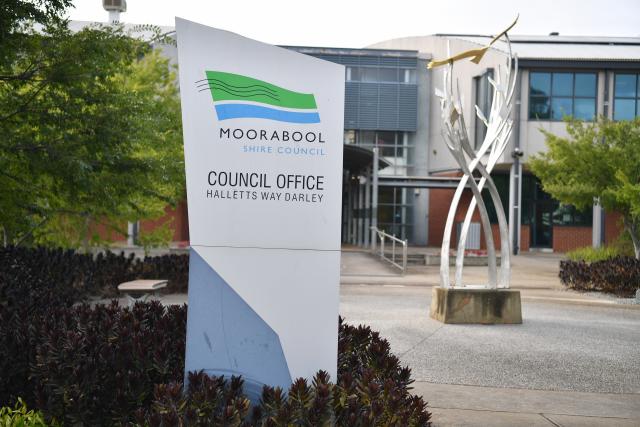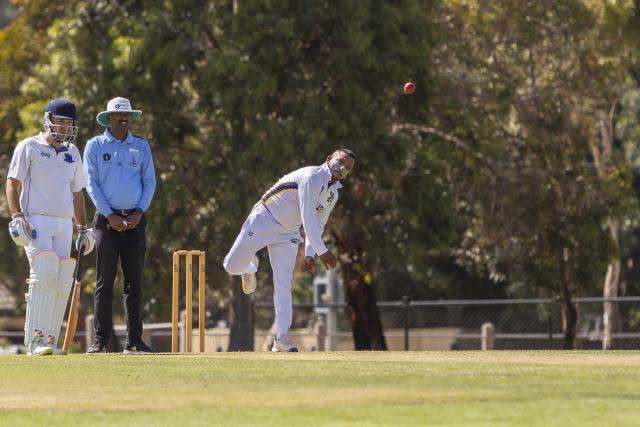Women from Melton, Wyndham, Hume and Whittlesea are reaching out in growing numbers to Victoria’s sexual and reproductive health phone line, 1800 My Options, as they navigate the often daunting and inequitable path of unplanned pregnancy and reproductive care.
New data from the service reveals that Melton women made the most calls to the support line in 2023, followed by Wyndham, Hume and Whittlesea.
Carolyn Mogharbel, manager at 1800 My Options, said the data is not surprising – but it is deeply concerning.
“There’s a consistent trend where women living in high areas of higher socio-economic disadvantage are reaching out for support at much higher rates,” Ms Mogharbel said.
“As of 2023, there were 70 per cent more calls to 1800 My Options from women in high disadvantaged local government areas compared to those in low disadvantaged areas.
“These communities often face multiple barriers to healthcare, including limited access to bulk-billed GPs, language and cultural barriers, and in some cases, restricted access to Medicare. As a centralised service and the only one of its kind, 1800 My Options fills a crucial gap.”
From cost and transport to stigma and confusion, women are facing a perfect storm of obstacles when trying to access reproductive healthcare.
“Cost is a major factor, particularly for those without Medicare or on low incomes. Many clinics offering affordable services are overstretched, with long wait times and limited appointments.
Transport is another challenge–public transit options can be limited or unreliable, especially when services are located far from home,” Ms Mogharbel said.
“There’s still considerable stigma surrounding topics like abortion and contraception, which can prevent women –especially young women or those from culturally diverse backgrounds – from seeking help early.
“A lack of culturally appropriate, in-language health information adds another layer of difficulty, leaving many women unsure of where to turn or what their options are.”
When it comes to addressing unplanned pregnancies in these communities, cultural sensitivity and accessible communication are crucial, Ms Mogharbel said.
“Language barriers can prevent women from understanding their options or navigating the healthcare system. Our healthcare system is complex, and difficult to navigate for people born in Australia – for people unfamiliar with this system this complexity can make services inaccessible.
“Without translated materials or interpreters, services can feel intimidating or inaccessible.
This can result in delayed care, misinformation, or reliance on informal networks that may not provide accurate guidance.”
For long-term change, Ms Mogharbel believes sustained investment in targeted solutions is essential.
“Culturally responsive care, multilingual resources and access to interpreter services should be embedded across all reproductive health services – not as add-ons, but as standard practice. Community outreach and education are also critical to breaking down stigma and improving health literacy, especially in culturally diverse communities.
“Access to safe and affordable abortion and contraception shouldn’t be a privilege – it’s a fundamental human right.”

